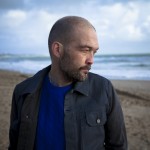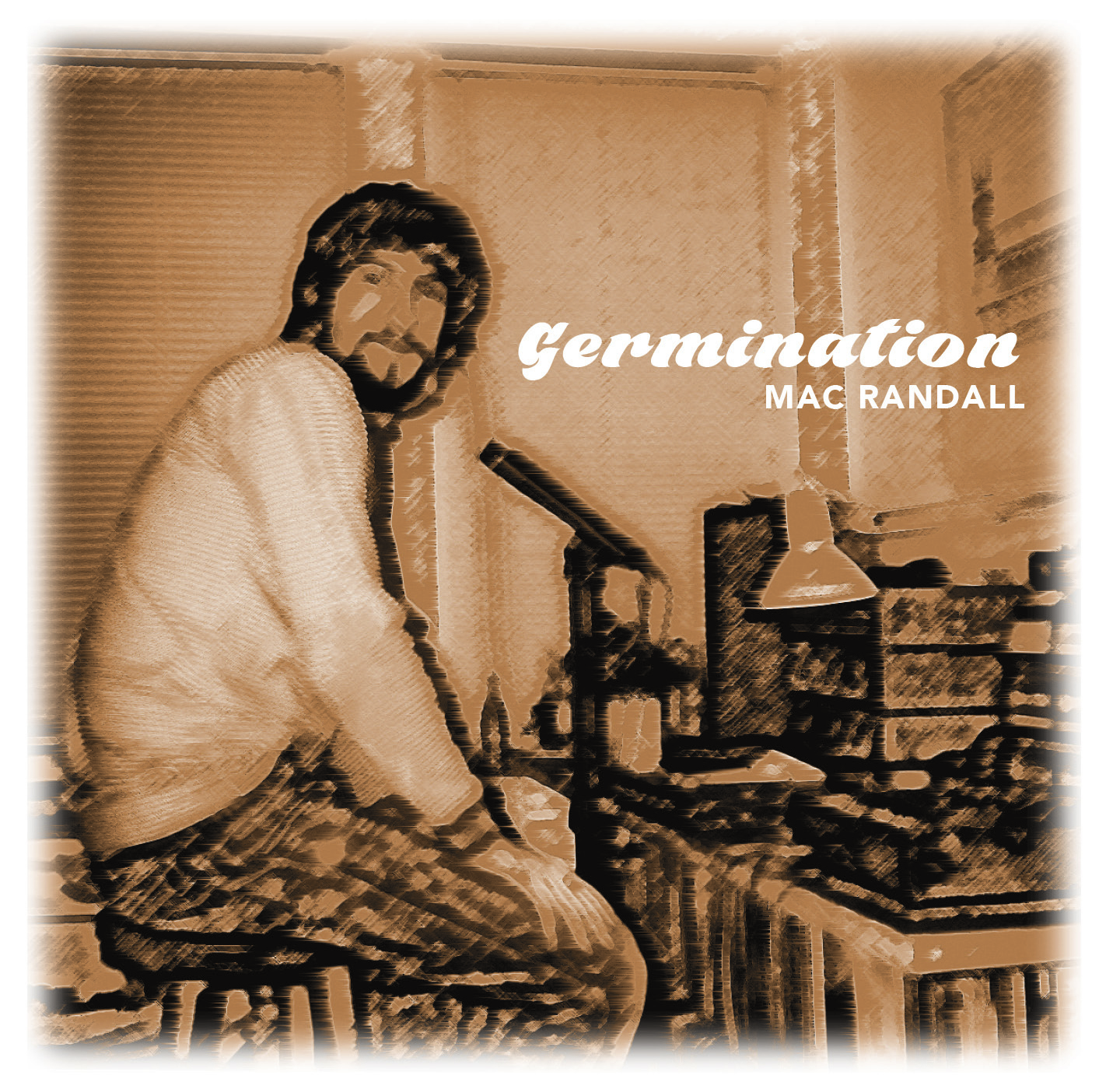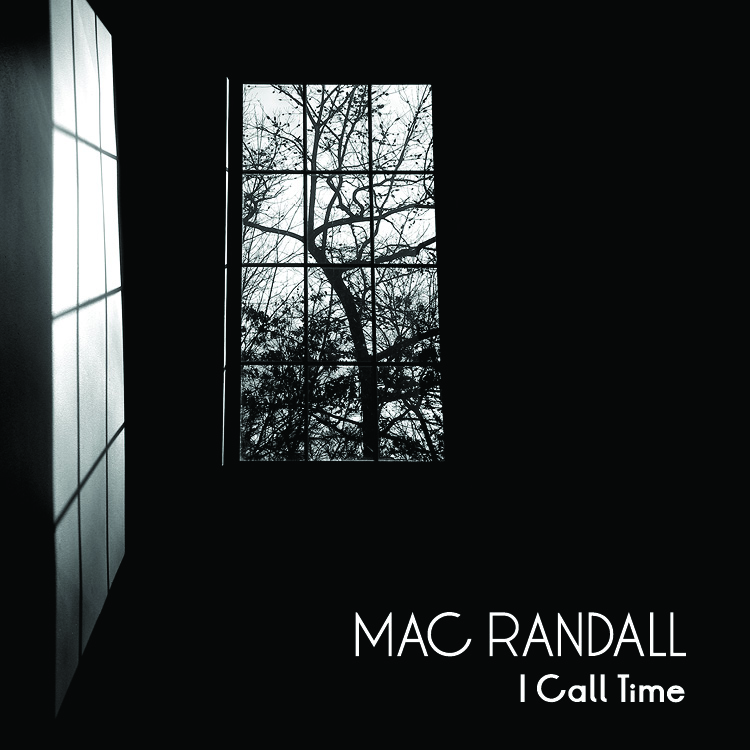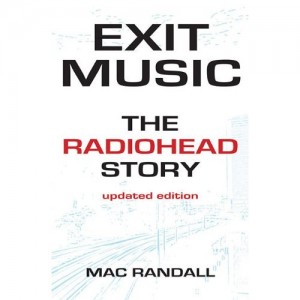“Wipe the hard drive and everything’s fresh again”: An interview with Ben Watt
On Wednesday, June 11, I saw Ben Watt, best known as half of the ’80s/’90s British pop duo Everything But the Girl, play his debut solo show in New York, at Joe’s Pub. It was an intense experience—not a surprise, given that most of the songs on his new album, Hendra, address how to carry on in the face of devastating loss. Switching between various guitars, electric piano and acoustic piano, he performed all 10 songs from the album, plus a couple off its predecessor, 1983’s North Marine Drive, and two nuggets from the intervening EBTG days, “The Road” and “25th December.” Accompanied only by former Suede guitarist Bernard Butler, who provided a gritty, blues-laced counterpoint to the melancholy words and melodies, Watt sang and played with (mostly) quiet commitment, and he seemed genuinely moved by the rapturous audience response at the end.
I’m afraid that what I have to say next may mark me as a crazed fanboy. I don’t believe I am, but so be it. At several points during the show, I found myself gripped by an uncanny feeling of direct connection, as if the man onstage were somehow singing about my own life. Of course, I knew he wasn’t; I hadn’t entirely lost my sense of critical distance. Even so, the connection felt real. The whole thing made me marvel yet again at how amazing it is that certain combinations of sounds can have such a powerful effect on human emotions…especially when the people making those sounds are very good at it.
The Joe’s Pub gig was supposed to have happened over two months earlier, but—as you’ll read below—it was delayed by paperwork. Shortly after that delay, I had a long phone interview with Watt, who spoke to me from his London  studio. In addition to Hendra, he’d just had a book published in England, a memoir about his parents called Romany and Tom, which finally came out in America this month. Although he did discuss the book in the interview, I hadn’t read it at the time. Now that I have, I wish I’d done so earlier. It is a beautiful creation that I wholeheartedly recommend not only to fans of Watt’s music but also to anyone interested in postwar British culture and/or great writing. I used a couple of quotes from our interview for a short New York Observer piece in April, but in honor of Romany and Tom’s arrival on our shores, I figured I’d post a longer excerpt here.
studio. In addition to Hendra, he’d just had a book published in England, a memoir about his parents called Romany and Tom, which finally came out in America this month. Although he did discuss the book in the interview, I hadn’t read it at the time. Now that I have, I wish I’d done so earlier. It is a beautiful creation that I wholeheartedly recommend not only to fans of Watt’s music but also to anyone interested in postwar British culture and/or great writing. I used a couple of quotes from our interview for a short New York Observer piece in April, but in honor of Romany and Tom’s arrival on our shores, I figured I’d post a longer excerpt here.
MR: We were supposed to have this talk face to face in New York last week. Clearly, that was not to be.
BW: Oh my god, tell me about it. Unbelievable.
MR: You’d planned to preview the new album with live shows here and in Los Angeles, but they got called off. What happened?
BW: My last U.S. work visa ran out a while ago, so I put in the application for a new one back in January. It took a while to come through, but I got an appointment with the U.S. embassy in London. They went through everything and said, “Absolutely fine, you’ll get it back in three to five days,” which meant that it should have arrived the week before I was due to leave England. And then, on the Friday night before I was supposed to leave, I double-checked what was going on and my visa consultant said, “You won’t believe this, but they haven’t even looked at it yet, let alone put it in your passport or sent it to the courier service.” So we’re just stuck in this crazy bureaucratic bottleneck, and from what I gather, we’re not the only ones. There are artists far bigger than I am, and Oscar-winning actors, who are going through exactly the same thing. I heard that 20 percent of the foreign bands scheduled to play at South By Southwest this year didn’t make it over. And who do we complain to? Do we sue the American government? Yeah, right.
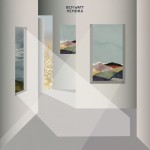 MR: Hendra is your first solo album in over 30 years. What prompted this?
MR: Hendra is your first solo album in over 30 years. What prompted this?
BW: I’d done 10 years DJing and running a label [Buzzin’ Fly], and I was very aware that I was becoming a facilitator rather than a creator. I sensed change was required. I found myself being drawn back to words and songs again, being drawn back to guitar playing. I thought, ‘This is what I need to do. I don’t know whether people will follow me, but I just have to do it.’ When you make a change as dramatic as this—from being a deep house DJ to making a folk-rock album and writing a memoir about your parents—it’s a little bit like expecting a transatlantic liner to make a tight turn. It might take a while for the audience to come around. But you can’t really worry about that. You have to take the hit, as it were, do what you feel is right, and then take the audience where you find it.
That’s how I ended up at this point, but the album really wasn’t in my mind until I finished Romany and Tom, which was towards the end of 2012. And then that autumn, the person who I’d most wanted to read the book, and who had most looked forward to reading it—my half-sister Jennie—died unexpectedly of late-diagnosed lung cancer. She was only 58. It was a huge blow for everybody, as you can imagine, and it just seemed to stir up even more stuff in me. Over that Christmas I knew that I needed to get something else out of my system. So I went down into the studio and picked up a guitar. It was in standard tuning, and the first chord I played bored me. It sounded like everything I’d ever played before. And then I started fiddling with the tuning pegs until I heard something I hadn’t played before. That was the key to the door, and I was off.
I became more adventurous from there. I retuned all my guitars. I was poring over John Martyn’s tunings and Davey Graham’s and Joni Mitchell’s—I mean, she’s used 52 or something crazy like that—and I was trying to find one they hadn’t used. It became a bit of a challenge, but that was the technology I needed to go forward. Creative breakthroughs are often followed by technological breakthroughs. I think you could probably look at our career in Everything But the Girl and see that was the case.
MR: It’s almost as if you suddenly give yourself permission to look at things a different way.
BW: You wipe the hard drive and everything’s fresh again. You know, a lot of the chord structures on Hendra are quite straightforward, but it’s the suspensions of the chords that are different. That languid, impressionistic sound that open tunings give you was really suitable for the kind of lyrics I was writing. But I realized soon after that it needed a foil. It needed an angrier voice, a dirtier voice, which is why I turned to Bernard [Butler]. Because I wanted the blues, I wanted the kind of dialogue that Mick Ronson had with David Bowie, to go across the record.
MR: How well did you know each other?
BW: Not that well. We ran into each other for the first time at a party only about two years ago. We kind of tiptoed ’round each other, but it was pretty clear we were both coming to a similar point. I’d been a DJ, he’d been working in the studio as a producer, and we both wanted to play guitar again. So when I rang him up a little while later and said, “Could we get together?” he was keen. He’s a bit younger than me, so he remembers growing up listening to me and Johnny Marr and Robin Guthrie and Roddy Frame, and he was intrigued to see what sparks might fly if we got together. And immediately it sounded the way I’d wanted it to sound. The languid, suspended folky-jazzy thing I was doing against his blues playing—it just was hand in glove. That was the sound of the record. It’s like Denny Laine playing in Wings: you have the guitarist step up, turn up the overdrive, and change the focus for eight bars. I love it. No one makes records like that anymore.
MR: During the process of making this album, did you ever feel inclined to pull out your previous solo album, North Marine Drive?
BW: Of course I did. For me, a lot of this project has been about reconnecting with that person, that 20-year-old boy who decided to put things to one side and go in with [EBTG partner and wife] Tracey [Thorn], and what might have happened had I taken a different fork in the road. There are aspects to that album, of course, that I find unlistenable. I find that heart-on-sleeve teenage naiveté difficult to listen to now that I’m 51. By the same token, I understand that for a lot of other people at that time, it was just…very honest. You know, it’s creaky and a little bit embarrassing at times, but at least I was going for it. What I do love about the record is its atmosphere. I only had a cheap echo pedal, and the decay on the guitars is so gauzy and mysterious. There’s no digital clarity to any of it, it just fades away. And I played all these crystalline piano lines, which I’d completely forgotten about. It was the engineer Mike Gregovich’s idea to compress them so much that you’d hear even the tiniest touch on the piano. It gives it a kind of tension. I listen to that record now and think it still doesn’t sound like anybody else. So part of me finds it awkward and part of me is proud of it, but I do feel there’s a spiritual connection with the boy who recorded those songs. We’re both striving to do our best here.
MR: What’s the biggest adjustment you’ve had to make in stepping away from the legacy of Everything But the Girl and becoming a frontman again?
BW: I’ve carried around quite a few issues with my singing voice over the years. It’s not easy being in the same band as Tracey Thorn [chuckles], and yet I knew there was a quality to my voice that was different from hers and that people liked. But I didn’t often get much of a run-up at it; I’d generally only sing two or three songs at our gigs, which made it hard to ever feel properly warmed up. So I’ve really had to learn how to impress myself again. It just took practice. I went downstairs every night, and even if I wasn’t writing anything new, I’d be singing over and over again, retraining the muscle to do what I wanted it to do. My voice has dropped a bit lower over the years. I do some old songs in the live set and I have to do them at least a tone below where I originally played them, partly because it sounds better and partly because in the old days I didn’t really know anything about shifting keys. I’d just write something in a given key and sing it, even if it was a terrible stretch [laughs], bust a gut to try and get to the note. If only someone had said to me, “You know, you could just drop that down a semitone…”
MR: Speaking of Tracey, she also has written a recent memoir, Bedsit Disco Queen, in which she mentions the competitiveness in your relationship. It made me wonder whether there was any element of that in the writing of Romany and Tom: “Okay, Tracey’s done her book, now I’ve got to do another one…”
BW: No, not really, it was just a coincidence that Tracey’s book came out when it did. I actually tried to start Romany and Tom right after my dad died. He died in 2006, and I started writing it in 2007. It was a splurge of about 10,000 to 15,000 words, but I couldn’t get a handle on it and so I put it away. But it was a story that I knew I would have to confront at some point, a little bit in the same way I knew I needed to confront doing another solo album—finally—at some point. What I didn’t expect was that they’d both come out within a month of each other [laughs]. That was the last thing I expected.

